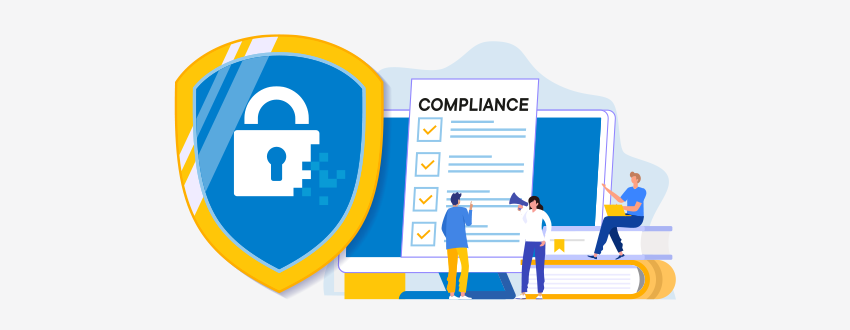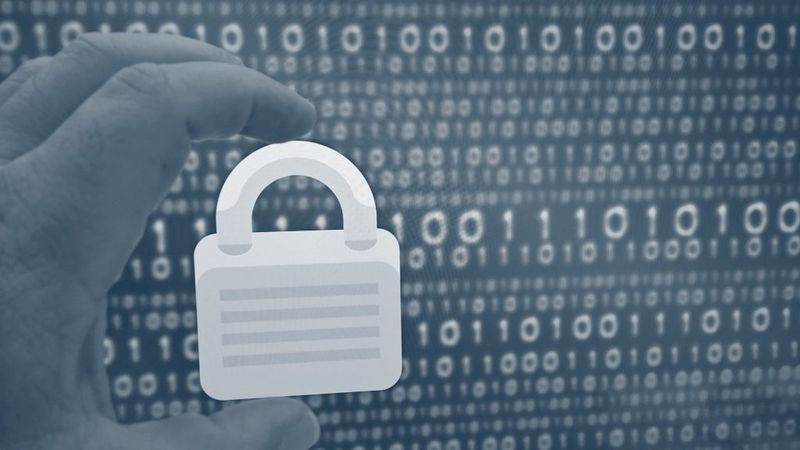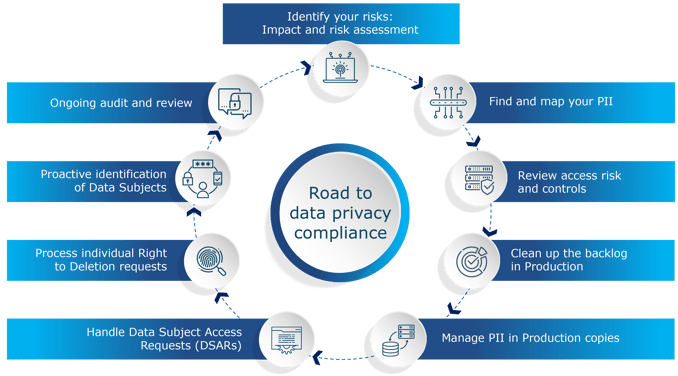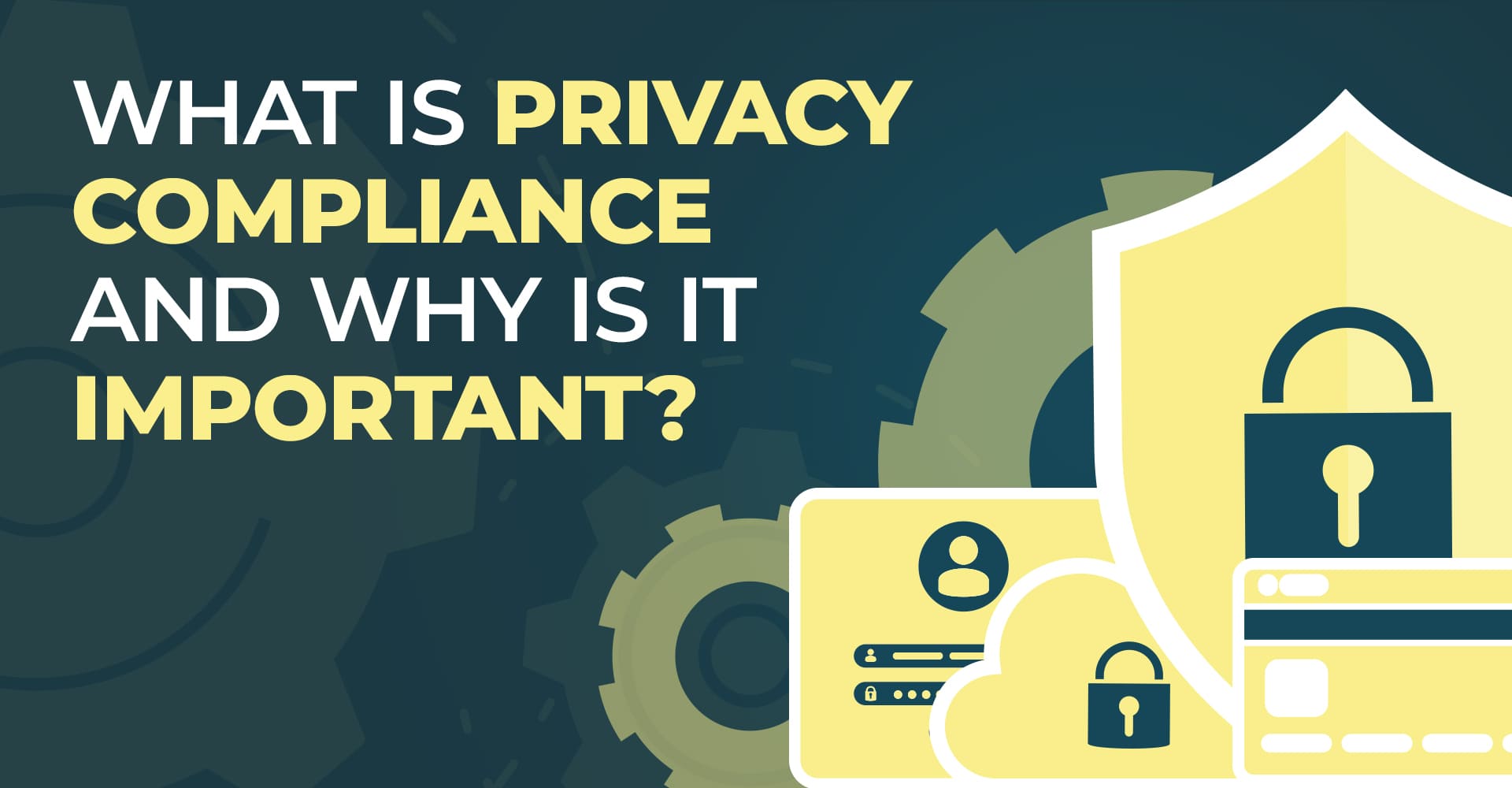Data Privacy and Compliance: In the digital age, data privacy has emerged as a critical concern for businesses and consumers alike. As more companies gather, store, and utilize vast amounts of personal information, understanding data privacy laws and compliance requirements is essential. For companies operating in the USA, navigating the complex landscape of data privacy regulations can be daunting. This blog will explore key aspects of data privacy and compliance, helping organizations understand their responsibilities, the implications of non-compliance, and best practices for ensuring data security.

Understanding Data Privacy
Data privacy refers to the appropriate use and protection of personal data. It encompasses how companies collect, store, process, and share this data. With the rise of the internet and digital technology, the amount of personal information available has increased exponentially, leading to a greater need for stringent data privacy measures.
Read More:
Why Data Privacy Matters
Data privacy is essential for several reasons:
- Consumer Trust: Businesses that prioritize data privacy build trust with their customers. Transparency in data handling practices fosters a positive relationship between companies and consumers.
- Legal Compliance: With an increasing number of regulations governing data privacy, businesses must comply to avoid legal penalties and fines.
- Risk Mitigation: Effective data privacy practices reduce the risk of data breaches, which can lead to severe financial and reputational damage.
- Competitive Advantage: Companies that prioritize data privacy can differentiate themselves in the marketplace, attracting consumers who value their information security.

Key Data Privacy Regulations in the USA
The USA does not have a single, comprehensive data privacy law. Instead, various federal and state regulations govern data privacy. Understanding these regulations is crucial for companies operating in the USA.
1. The California Consumer Privacy Act (CCPA)
Effective January 1, 2020, the CCPA is one of the most significant data privacy laws in the USA. It grants California residents the following rights regarding their personal information:
- Right to Know: Consumers can request information about what personal data is being collected and how it is being used.
- Right to Delete: Consumers can request the deletion of their personal data held by businesses.
- Right to Opt-Out: Consumers can opt-out of the sale of their personal information to third parties.
The CCPA applies to businesses that meet specific criteria, including those that generate over $25 million in annual revenue, handle personal data of 50,000 or more consumers, or derive more than 50% of their revenue from selling personal data.

2. The Health Insurance Portability and Accountability Act (HIPAA)
HIPAA is a federal law that sets standards for the protection of sensitive patient information. It applies to healthcare providers, health plans, and healthcare clearinghouses that handle protected health information (PHI). Key requirements include:
- Ensuring the confidentiality, integrity, and availability of PHI.
- Implementing safeguards to protect patient data from unauthorized access.
- Providing patients with rights regarding their health information.
3. The Children’s Online Privacy Protection Act (COPPA)
COPPA is designed to protect the privacy of children under 13. It requires websites and online services directed toward children to obtain parental consent before collecting personal information. Key requirements include:
- Providing clear privacy policies.
- Allowing parents to review and delete their child’s personal data.
- Ensuring the security of children’s information.

4. The Gramm-Leach-Bliley Act (GLBA)
The GLBA requires financial institutions to explain their information-sharing practices and to safeguard sensitive data. Key provisions include:
- Providing customers with privacy notices detailing how their data is used.
- Implementing security measures to protect consumer information.
- Allowing consumers to opt-out of having their information shared with non-affiliated third parties.
The Implications of Non-Compliance
Non-compliance with data privacy regulations can have serious consequences for companies. These may include:
1. Financial Penalties
Many data privacy laws impose significant fines for non-compliance. For example, the CCPA allows for fines of up to $7,500 per violation. Similarly, HIPAA violations can result in penalties ranging from $100 to $50,000 per violation, depending on the severity of the breach.

2. Reputational Damage
Data breaches and privacy violations can severely damage a company’s reputation. Loss of consumer trust can lead to decreased sales, negative publicity, and long-term impacts on brand loyalty.
3. Legal Consequences
Companies that violate data privacy regulations may face lawsuits from consumers or regulatory bodies. Legal battles can be costly and time-consuming, further damaging a company’s reputation.
4. Operational Disruption
Addressing a data breach or compliance issue can divert resources away from core business operations. This disruption can hinder productivity and affect overall business performance.
Best Practices for Ensuring Data Privacy Compliance
To navigate the complexities of data privacy and compliance, companies should adopt best practices that prioritize data protection. Here are some key steps to consider:

1. Conduct Regular Data Audits
Regular audits help companies assess their data collection, storage, and processing practices. Understanding what data is collected and how it is used is essential for compliance. Audits can identify areas for improvement and ensure alignment with applicable regulations.
2. Implement Robust Data Security Measures
Data security is crucial for protecting sensitive information. Companies should invest in technologies that enhance data security, such as:
- Encryption: Encrypting data ensures that even if it is accessed by unauthorized parties, it remains unreadable.
- Access Controls: Implementing role-based access controls limits data access to authorized personnel only.
- Firewalls and Antivirus Software: Utilizing firewalls and antivirus programs helps prevent unauthorized access and protects against malware.
3. Develop Clear Privacy Policies
Companies must create clear and transparent privacy policies that inform consumers about data collection practices. Privacy policies should be easily accessible and written in clear language, detailing how personal information is collected, used, and shared.
4. Train Employees on Data Privacy
Employee training is vital for ensuring that all team members understand their roles in maintaining data privacy. Regular training sessions can educate employees about data protection practices, compliance requirements, and the importance of safeguarding personal information.
5. Stay Informed About Regulatory Changes
Data privacy laws are constantly evolving. Companies must stay informed about changes in regulations and adapt their practices accordingly. Regularly reviewing and updating policies and procedures ensures ongoing compliance.

The Role of Integral Systems in Data Privacy and Compliance
At Integral Systems, we understand the complexities of data privacy and compliance. Our team of experts is dedicated to helping businesses navigate the regulatory landscape and implement effective data protection strategies. We offer services that include:
- Data Audits: Comprehensive assessments of data collection and handling practices.
- Security Solutions: Tailored security measures to protect sensitive information.
- Policy Development: Assistance in creating clear and compliant privacy policies.
- Employee Training: Customized training programs to educate employees on data privacy best practices.

Contact Integral Systems for Data Privacy Support
If your business is seeking guidance on data privacy and compliance, look no further than Integral Systems. We provide the expertise and resources necessary to help you safeguard your data and meet regulatory requirements.
- Social Media:
- Website: https://tinyurl.com/5xjtp7hm
- Address: 1201 West Esplanade Ave Apt. 303, LA, Kenner, United States 70065
- Call: +1 888-335-9441.
Conclusion
Data privacy and compliance are critical components of modern business operations. As companies continue to collect and utilize personal data, understanding regulatory requirements and implementing effective data protection strategies is essential. By prioritizing data privacy, businesses can build trust with consumers, mitigate risks, and avoid the significant consequences of non-compliance. At Integral Systems, we are committed to supporting businesses in their journey towards data privacy compliance, ensuring a secure and trustworthy digital landscape for all. Contact us today to learn more about how we can assist your organization in navigating the complexities of data privacy.
